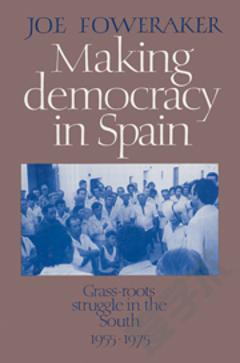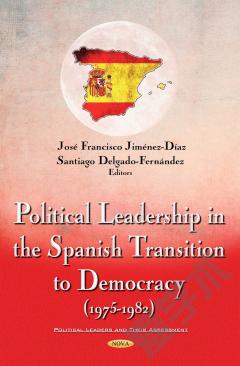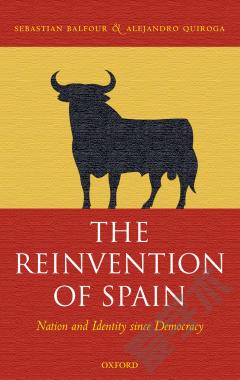Making Democracy in Spain: Grass-Roots Struggle in the South, 1955–1975
Preface Introduction: personal networks, political strategies and the making of democracy Part I. Personal Networks, Political Traditions and State Policies: 1. Unquiet hearts: the primitive world of the first political men 2. The burden of hopes and hatreds: ideological traditions in clandestine circumstance 3. Oligarchic unity and working-class divisions: a political economy of El Marco de Jerez 4. Political clans and capitalist planning: a political economy of Francoism Part II. Syndical Practices, Social Struggles and Political Protests: 5. The vertical syndicate: the mainstay of Franco's corporatist strategy 6. The workers' commissions: the national picture compared with the movement in El Marco de Jerez 7. Wage contracts, labour conflicts and political protests: the syndical practices of the labour movement Part III. Political Practices, Repression and Strategic Responses: 8. The revolutionary paradox: the changing political line of the Spanish Communist Party 9. A place in the struggle: personal networks and political practices in El Marco de Jerez 10. The other side of darkness: the repressive practices of the Franco regime 11. Contingent connections: the relationship between the workers' commissions and the Spanish Communist Party 12. Fighting with two faces: the strategic combination of legal and clandestine spaces Part IV. Political Strategies and the Democratic Project: 13. Democratic transformation and the transition to democracy: the political project of the labour movement, 1955-85 14. Corporatist strategies and the transition to democracy: the institutional terrain of the struggle 15. Personal networks and political strategies: Spanish civil society in the struggle for democracy Bibliography Index.
{{comment.content}}








 京公网安备 11010802027623号
京公网安备 11010802027623号